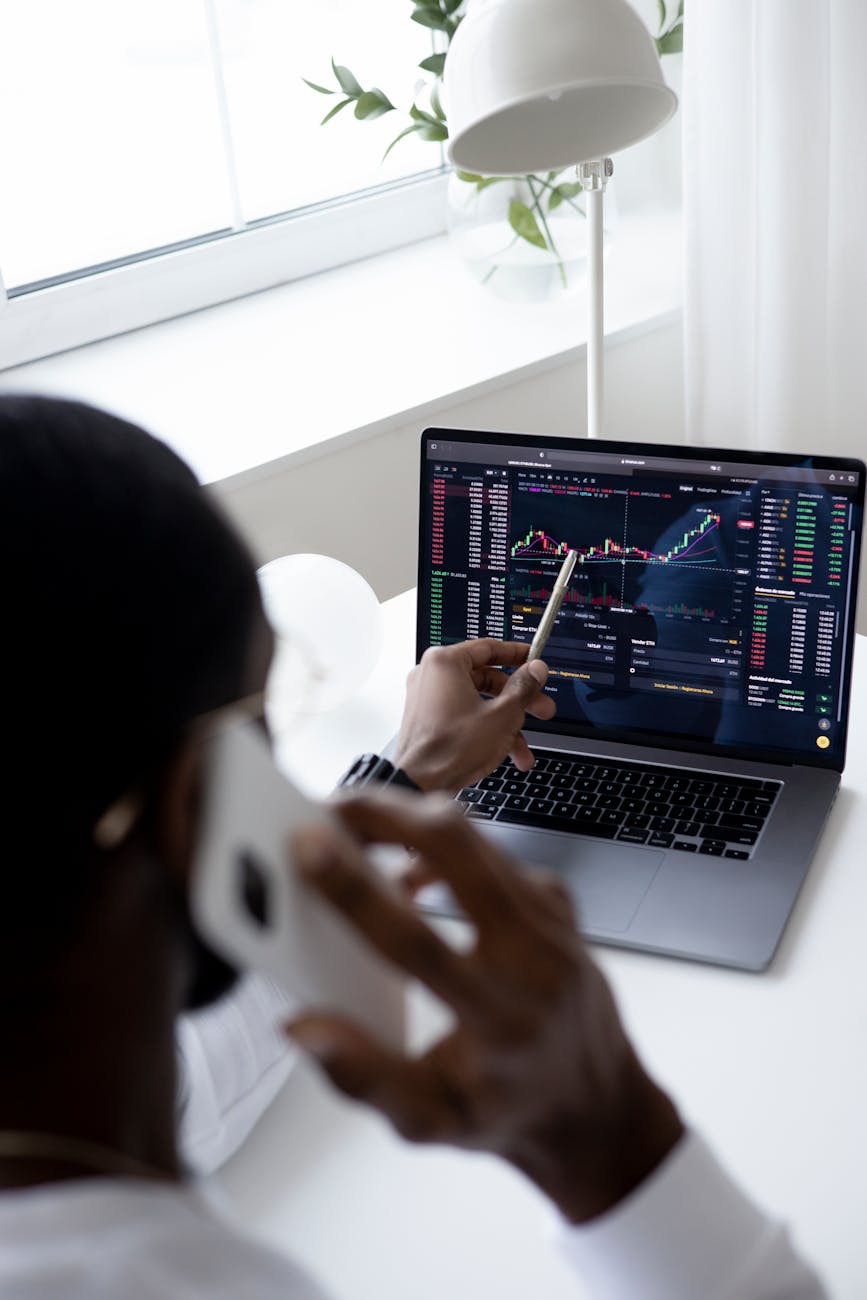A Beginner’s Guide to Owning a Piece of a Business
You’ve probably heard the phrase “buying shares” or “investing in the stock market” — but what does that actually mean?
In simple terms, when you buy individual company shares, you’re buying a small piece of ownership in that company. It’s one of the most direct (and potentially rewarding) ways to invest your money — but it comes with its own set of risks.
This guide will walk you through what individual shares are, how they work, and whether they might be right for your investment goals.
What Is a Share?
A share (also known as stock or equity) represents a unit of ownership in a company.
If you buy shares in Tesco, for example, you become a part-owner of Tesco. If the company grows and performs well, your shares can increase in value, and you may also receive dividends — a share of the company’s profits.
Shares are bought and sold on the stock exchange, like the London Stock Exchange (LSE), and their prices go up or down based on how the company — and the wider market — is performing.
Why Invest in Individual Shares?
✅ Ownership in Real Businesses
You’re directly backing companies you believe in — from UK giants like Unilever and HSBC to global tech firms like Apple or Microsoft.
✅ Potential for High Returns
If a company performs well, its share price can rise significantly over time. Some shares have doubled (or more) in value over the years.
✅ Dividend Income
Many UK companies pay dividends, which can provide a regular income stream — especially useful in retirement or for reinvestment.
✅ Control Over Your Portfolio
You choose exactly which companies to invest in, rather than relying on a fund manager. You decide when and how much buying shares in individual companies.
What Are the Risks?
⚠️ Higher Risk, Higher Reward
Individual shares can be volatile. Prices may rise sharply but can also fall suddenly — especially if the company hits trouble.
⚠️ No Diversification
Unlike funds, owning shares in just a few companies means your investment isn’t spread out. If one performs badly, it can significantly affect your returns.
⚠️ Requires Research
To invest wisely, you’ll need to understand the company’s financial health, competitors, market trends, and more — which takes time and effort.
Shares vs. Funds: What’s the Difference?
| Feature | Individual Shares | Investment Funds |
|---|---|---|
| Ownership | Specific companies | A mix of companies |
| Risk | Higher (unless diversified) | Lower (more diversified) |
| Control | You choose the shares | Fund manager or index |
| Effort | Requires research | More passive |
| Costs | Dealing fees per trade | Annual fund fees |
How to Buy Shares in the UK
- Choose a platform – e.g. Freetrade, Hargreaves Lansdown, AJ Bell, or Trading 212
- Open a Stocks and Shares ISA or general investment account
- Search for the company you want to invest in
- Decide how many shares to buy – you don’t need to buy a full share anymore; many platforms allow fractional investing. Since the answer to can a limited company sell it’s shares to an individual, is Yes!.
- Review charges – platforms may charge a dealing fee or commission
- Buy the shares – and keep an eye on how they perform
Who Might Benefit from Investing in Individual Shares?
- People who enjoy researching businesses and markets
- Investors with long-term goals (5+ years)
- Those looking to build a dividend income stream
- Anyone who wants more hands-on control over their investments
However, if you’re just starting out or prefer a simpler route, funds or ETFs might offer a gentler introduction to investing.
Final Thoughts
Owning individual company shares can be exciting and rewarding — especially when the companies you back succeed. But with the potential for greater reward comes greater risk.
If you’re new to investing, consider starting small, spreading your money across a few sectors, and learning as you go. And remember: you can hold shares inside a Stocks and Shares ISA to keep your returns tax-free.
Before jumping in, make sure you’ve paid off any high-interest debt and built an emergency savings buffer. Investing works best when you’re on solid financial ground.

